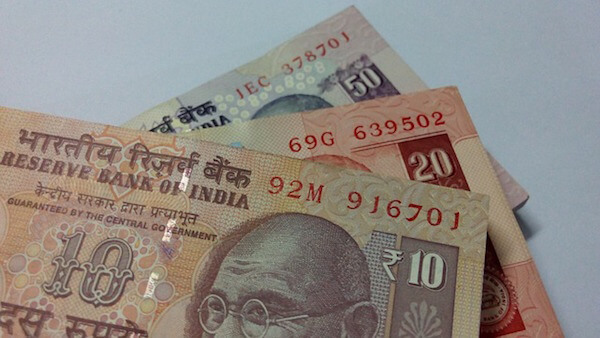You are reading it here first: Between April 1 and October 31, 2018, 2.87%, or 13,817 of all direct benefit transfers (DBT) transactions — worth more than Rs 2 crore — made to 7 schemes of the Ministry of Labour and Employment failed, RTI documents accessed by MediaNama showed. In several cases, the transactions failed because beneficiaries had inactive Aadhaar numbers or hadn't linked them to their banks accounts, their bank accounts were blocked or frozen or dormant (that is, no transactions for the last 6 months). At times, the transactions failed because the DBT amount exceeded the credit limit per transaction set on those bank accounts. The RTI was filed by independent researcher Srinivas Kodali. The percentage of failed DBT transactions for the 7 schemes under the Labour Ministry marginally increased in FY2019, compared to FY2018, when 2.75% DBT transactions had failed. Also, the value of failed DBT transactions in FY2018 was more than Rs 1 crore for the same 7 schemes — meaning that in the next 7 months, the rate of failure of DBT transactions almost quadrupled. This is significant because data related to DBT transfers maintained by the central government does not record how many DBT transactions failed. 3 schemes saw highest percentage of failed DBT transactions: For 3 schemes — NCLP (National Child Labour Project), DGE-CGC (Director General of Employment Coaching-cum-Guidance Centres) for SC/ST, DGE-VRC (Vocational Rehabilitation Centres) for PWD — the cause for most failed transactions is unknown. Incidentally, the failure rate of DBT transactions was…






























